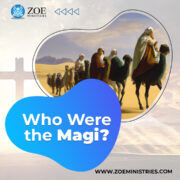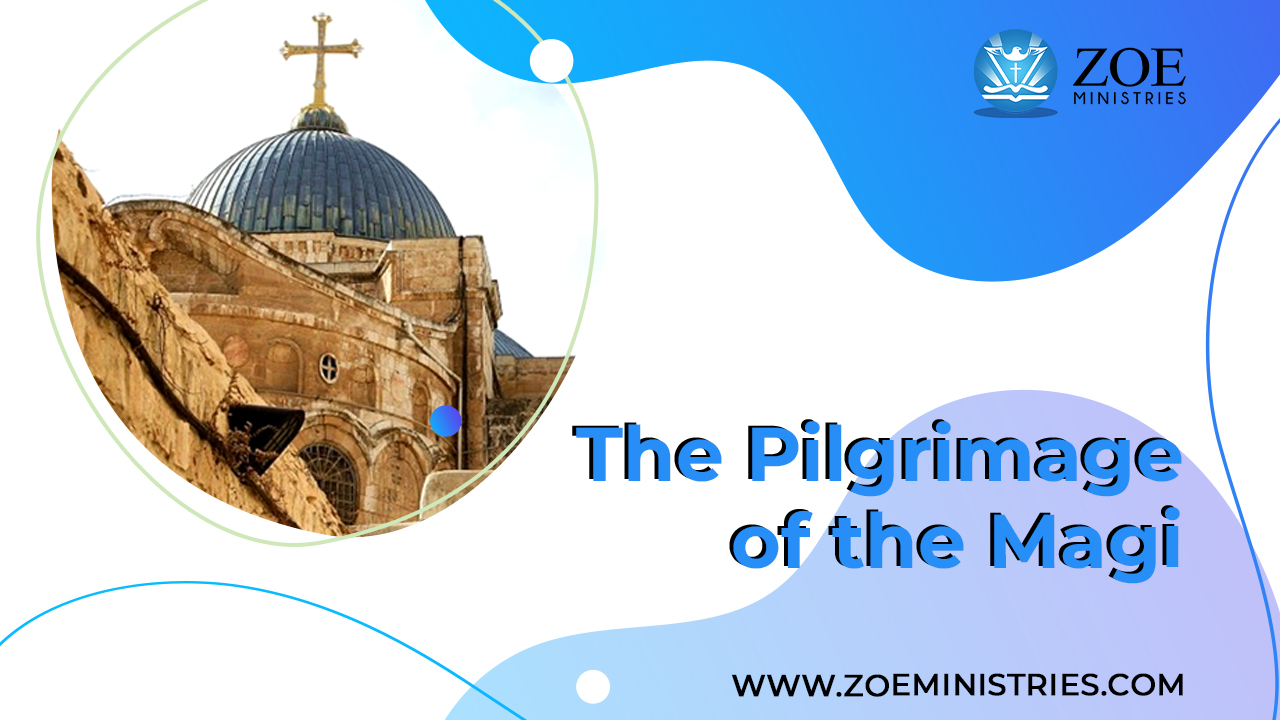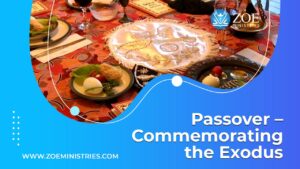Your Gift Bridges the Gap
As Insiders, we must ask ourselves, “Are you closing the gap with your gift?” Or do you think like David? Do you sit around your house doing nothing, allowing yourself to be consumed by idleness?
The Gap Exists for You
You become prosperous when your gift fills a void. When you allow God to use you, God will provide for your needs. God will fill the gap in your finances as you fill the gap in God’s work.
If your gift is not in the gap, you are not eligible to transfer wealth from the wicked camp to the moral center. Your gift must fill the void. The vacancy exists for your gift because God created it for you to fill. The space was designed to accommodate your gift. And until your gift fills the gap, it will remain in the pillar of power God has placed you in.
We are currently amid a takeover. We are at the beginning of a power transfer in which wealth, which includes authority and power, is transferred to the just. There has been a takeover.
As an Insider, you were assigned to your workplace. God is telling us that we are in a season where we must take control. What is the purpose of the Insider if he refuses to join its camp when it conquers the city? What is the purpose of the Insider if all he does is stand on the sidelines and say, “I’m sure the others can handle it.” “I don’t want to go to work today.” Isn’t this precisely what David was thinking?
Make that kingdom God’s kingdom.
How does a worldly kingdom become a kingdom of our Lord? The Bible reveals the pattern. When you close the gap in the domain with your gift, you transform it into a God-given realm.
The Pharaoh had a need; Joseph had a talent. The gift filled the void. Egypt’s kingdom was transformed into God’s kingdom.
Queen Esther had a gift; King Artaxerxes had a gap. Artaxerxes’ kingdom was transformed into God’s kingdom. Darius had a flaw; Daniel had a talent. Babylon became God’s Kingdom. God created every gap that was mentioned. God’s hand was behind the kings’ dreams and the king’s desire to marry.
Do you notice a pattern? Is this what God is still doing today? What is your talent? What void must you fill? How will you fill the gap in your workplace? Think about how you can transform your business into God’s business. Moreover, how are you going to win that industry for the Lord?
Pharaoh had a vision. He is unable to interpret the dream. Joseph possessed the ability to interpret dreams. Joseph’s gifts filled the void. When we look at the word “gap,” it means “breach or bursting forth,” as in an outburst, breach, or broken wall.
When the Pharaoh could not interpret his dream, his world was shattered. The puzzle pieces were not put together. Joseph filled the void with his gift. Even during the famine, Egypt can suddenly eat, and Joseph begins to save his brethren.
Discovering Significance
God was ready to destroy the world in the book of Genesis. He begins to build the ark using Noah’s gift. The ark starts to fill the void as a haven. The ark served as a portal to a new world for the believers.
So, what is your gift, and what gap did God task you to fill? Once you determine what gap your donation will fill in one of those four quadrants, you will find significance. Not only that, but this is the time when you will be prosperous. This is when, as a person of value, wealth and power will be transferred through you. This illustrates what it is like to work for the Lord.
You must enter the arena to close the gap. The importance of being on the field cannot be overstated. When you’re a hundred miles away from the gap, you can’t use your gifts to close it. Get over there and into the center of intelligent business and politics. Go to the arena, where the culture is so vile. Enter the church where the doctrines are so perverted.
Yes, you must go over to the company that does the most unthinkable things, the ones that make you close your eyes and say, “I cannot believe they’re about to put that whole neighborhood on the street,” or the political arena where a policy promotes everything the Bible calls sin.
Allow God to position you.
Allow God to place you in a position where you can be the “Joseph,” “Nehemiah,” or “Esther” of your industry and stand in the gap. Go shoulder to shoulder with the enemy until you reach maturity and influence where your hand can be in your enemy’s neck. “Judah, your brothers will praise you; your hand will be on the necks of your enemies; your father’s sons will bow down to you,” the Bible says (Genesis 49:8).
Your hand will not be able to enter your opponent’s neck until you begin to wrestle with principalities, powers, and spiritual wickedness in high places. God created the gap with you in mind to fill it. He does not require you to fill this void, but He wants to collaborate with you to bless you. In fact, God wants you to bridge the gap so that the blessings can flow through you like a pipe and bless you.
God gave you this gift to fill this void. When our gifts supply the gaps in these quadrants, we will see the redemption of cities, nations, and the land’s healing.
Invitation
Your weekly dose of a prophetic word and prophetic anointing awaits you. Join our LIVE Conference Call!
1) Call 515-604-9266
2) Go to startmeeting.com, and use the login: BishopJordan










